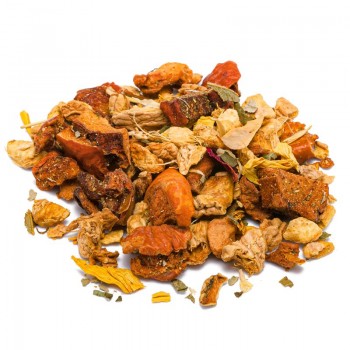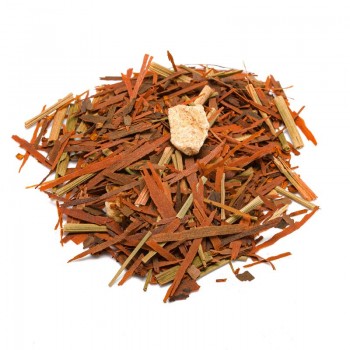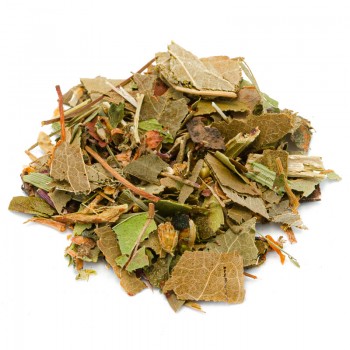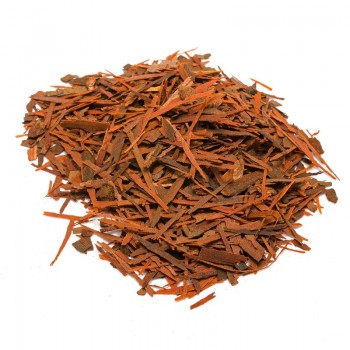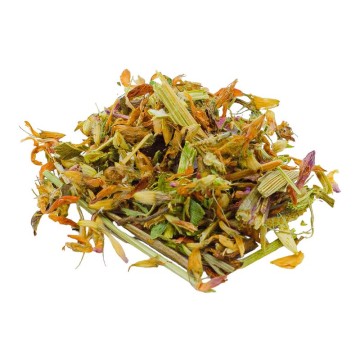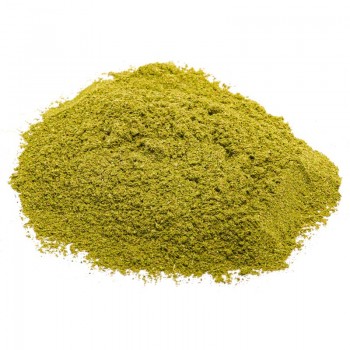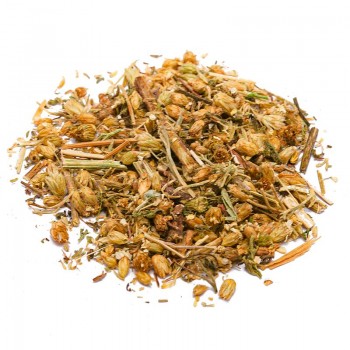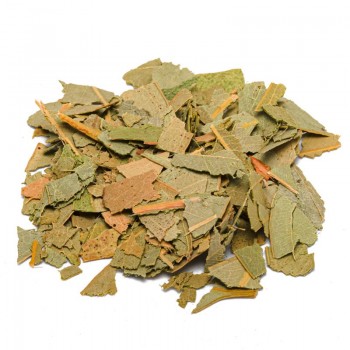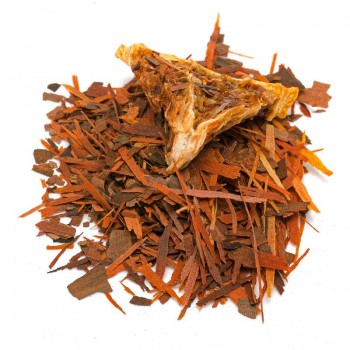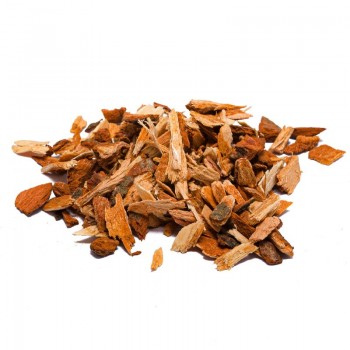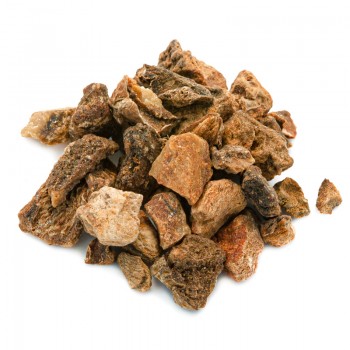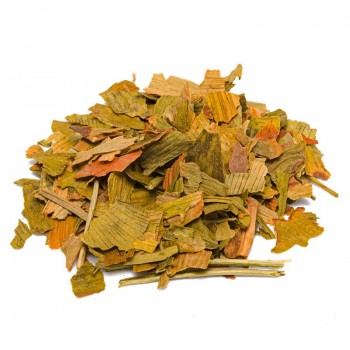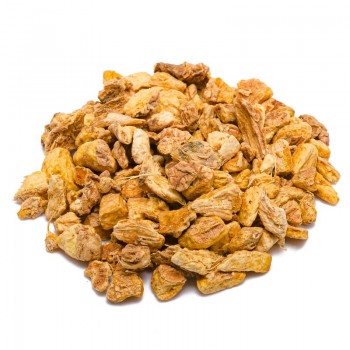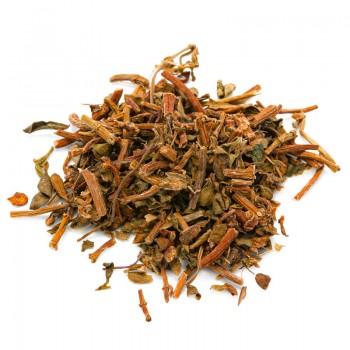This plant, known for centuries for its phytotherapeutic properties , is used both for internal use, through the leaves in infusion, and for external use as lotion. The plantain leaves, in fact, contain compounds useful for the well-being of our organism, with natural anti-inflammatory functions, bechiche to calm coughs, expectorants and cicatrizants.
Plantain: properties and benefits
The leaves of this plant contain mucilage, tannins and silicic acid, capable of providing qualities considered in the past to have natural antibacterial properties. A herbal tea with plantain leaves is considered an infusion with calming qualities for coughs and expectorants in case of bronchitis, phlegm, sinusitis, asthma.
The leaves have bronchodilator characteristics and can be used to relieve the symptoms of bronchitis and colds with inflammatory states of the mouth, throat and airways.
The infusion can treat these conditions, thanks to the content of mucilages and tannins, which give the plantain an emollient, sedative and astringent action. To calm the cough and dissolve the phlegm, the mucilages of the plantain stratify on the walls of the bronchial mucous membranes, protecting them from further aggressions. In fact, in the traditional medicine of many European countries, plantain leaves have historically been used for syrups or infusions suitable for combating disorders of the respiratory system.
It is also known as calming by gargling, in case of laryngitis and tracheitis.
Internally for the gastrointestinal tract, plantain with its diuretic and astringent action is useful for soothing symptoms of diarrhea, irritable bowel and cystitis. The infusion of plantain leaves is considered healthy for the function of the stomach, against gastritis, spasms and irritations. Externally, plantain-based preparations are used as soothing for irritated skin and acne, to speed up wound healing and alleviate the symptoms of herpes.
In this case, it can be used as a lotion, for external compresses on inflamed skin.
Plantain speeds up the healing of skin lesions, boils and hemorrhoids, promoting the repair of damaged tissues. On the face it is used in case of acne, as an anti-irritation and purifying lotion. Furthermore, added to the bath water, it gives an emollient and refreshing effect.
Origins and History of cultivation
Plantain is classified into two groups, narrow-leaved and broad-leaved. In any case, the plant is native to northern Africa (Algeria, Egypt, Libya, Morocco and Tunisia), also present in ancient times in the Azores, in the Canary Islands, and widespread in Europe, Asia and the Indian subcontinent. It was already known in classical antiquity and the botanist Theophrastus, in the III BC, mentions the narrow-leaved plantain among the wild spring vegetables. The doctor Dioscorides describes the medicinal applications of the leaves and roots, as well as indicating them as cooked vegetables to eat (considered a medicinal food).
It was also considered by Pliny and Galen to be a diuretic and hemostatic remedy.
In ancient times it was used as an anti-haemorrhagic and to promote blood clotting. It was known to quickly stop blood flow and facilitate the repair of damaged tissue. Also used as an anti-malarial plant, plantain was known above all as a lotion with healing properties of sores, ulcers and wounds. It was used to calm the swellings of gout, inflammation of the eyes and oropharyngeal cavity. Also, to relieve itching and swelling caused by insect bites. In the Middle Ages its astringent characteristic was enhanced, also useful for uterine and vaginal pathologies. Even in the following centuries, in phytotherapy, it has maintained its healing properties, astringent in inflammatory states of the respiratory tract with phlegm, to calm the irritation of the digestive and urogenital systems.
In addition, it was a plant known for dyeing fabrics.
The fiber obtained from the leaves is useful for strengthening the tissues and for obtaining the golden-chocolate color. In ancient times plantain poultice was used for burns, by pouring boiling water over 1 to 3 tablespoons of dried plantain leaves - enough to saturate and soften them. The excess water was drained and the lotion was applied to the burn along with a healing ointment, with a bandage. Wet leaves were applied ona painful tooth, an ingrown toenail or a swollen lymph node to bring pain relief.
Plant and flowers
The Plantain or Plantago lanceolata is a perennial and spontaneous plant that is part of the Plantaginaceae family. Generally, plantain is classified into two groups, narrow-leaved and broad-leaved. The term plantain, however, usually indicates both the best known varieties, both the Plantago lanceolata and the Plantago major. Plantain is a grass that grows easily, with tap roots, and leaves on long stems. The stem of the flower is longer than the leaves. It is considered a common weed in cultivated land, and is found in many countries. It grows easily anywhere, on lawns, roadsides, moors, wetlands, sand dunes or in rainforests, on neutral and basic soils.
Nutritional values of plantain
The active components of the leaves in herbal tea cut of the plant, most useful for our well-being are glycosides, phenolic compounds, mucilages, and salicylic acid. In addition, plantain contains tannins, vitamins , and some useful molecules such as saponin, citric acid, enzymes (invertin and emulsin).
How to use plantain leaves in herbal tea
The infusion of plantain is obtained by inserting in a cup (250 ml), about 3-5 grams of the leaves in herbal tea cut, with water at 100 ° C. Leave to infuse for 7-8 minutes, before drinking the herbal tea. Add honey or sugar if desired.
Plantain: side effects and contraindications
Usually the extracts of this plant are tolerated without major side effects. In some cases, however, sensitivity reactions may occur which may include nausea, vomiting, skin reactions. Having properties that act on the digestive system, plantain leaves can cause diarrhea, indigestion, flatulence and bloating. It is good to respect the recommended doses and not to excessively prolong the treatment times. Do not use plantain, during pregnancy and lactation.

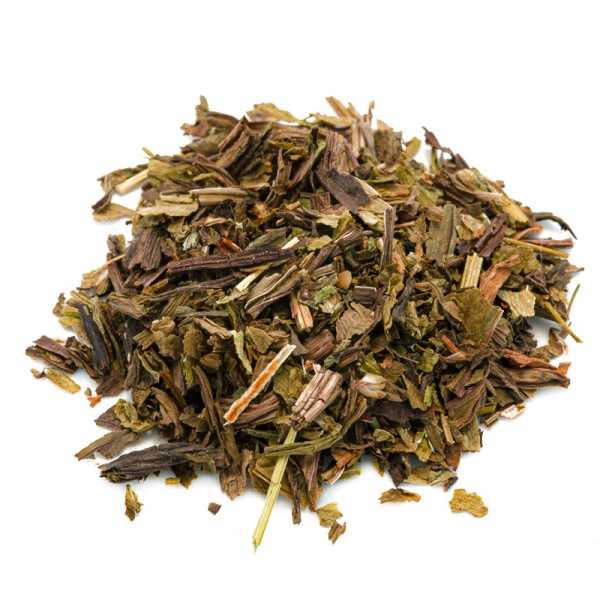









 No reward points for this product.
No reward points for this product.
